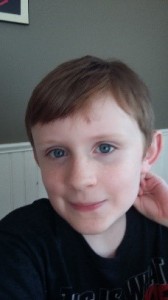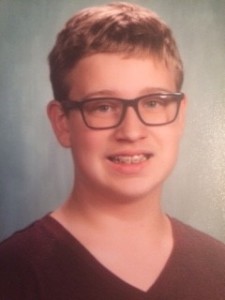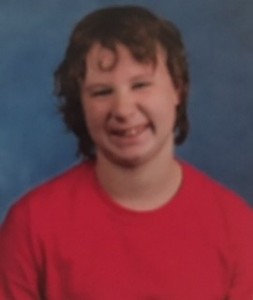Thirteen children ranging in age from 7 to 15 and at all areas of the autism spectrum participated in both cohorts, held in the Summer and Fall of 2016.
During the theater sessions, participants experienced varying degrees of improvement in social skills. Eye contact with others was a significant skill deficit for all in the beginning. By the end of the each session, there was significant improvement for all in both focusing on the speaker and looking at the person to whom they were speaking. Interrupting the speaker also decreased for everyone.
Group interaction provided opportunities for students to help each other work through challenges, which was an unexpected positive outcome that occurred.
Another observed program impact was that certain students progressed so much in their social skills development as a result of the program that they comforted and in some cases did therapy with peers who were having a tough time. The majority of students in the second cohort were younger and more severely affected by autism. Their behavior often was disruptive and difficult to manage. During the dress rehearsal, two of these students expressed their frustration by lashing out, screaming and crying. Two older students, Joshua and Owen, recognized that their friends needed help, and assisted the instructors in calming them down enough so that they could communicate the source of their frustration and reengage in the lesson. It was truly amazing to witness their personal growth which enabled them to comfort their friends.
Benefits to participants’ families included increased community engagement, respite (resulting in stress relief and better parenting) during workshops and an opportunity to see their children perform in a play.


